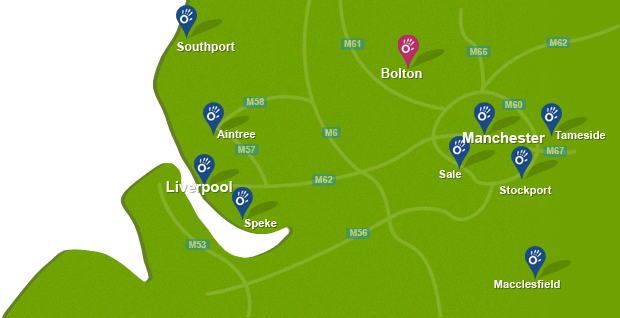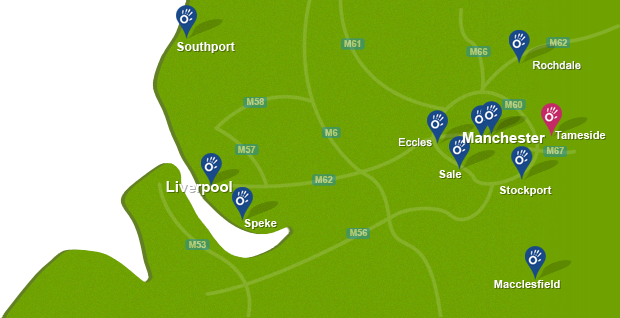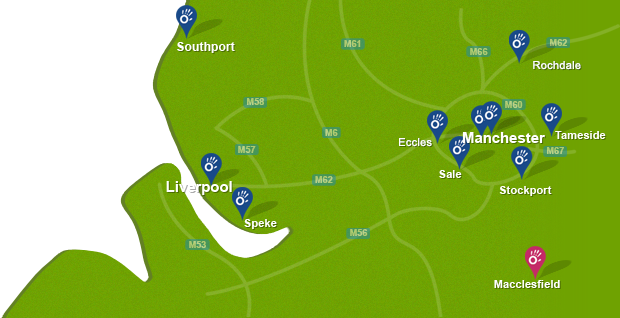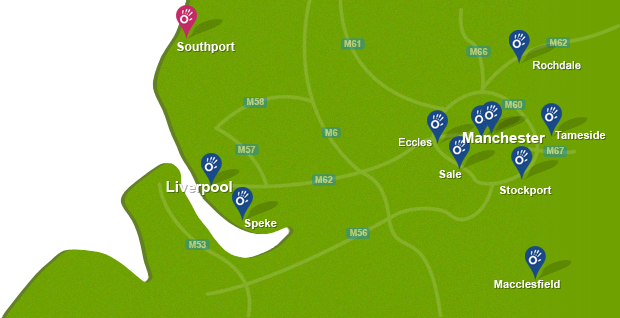What is Spondylolysis?
Spondylolysis is a stress fracture of the pars interarticulari, a bone that connects the upper and lower segments of the facet joints in your spine allowing movement. It often occurs in young athletes involved in sports that require hyperextension and rotation.
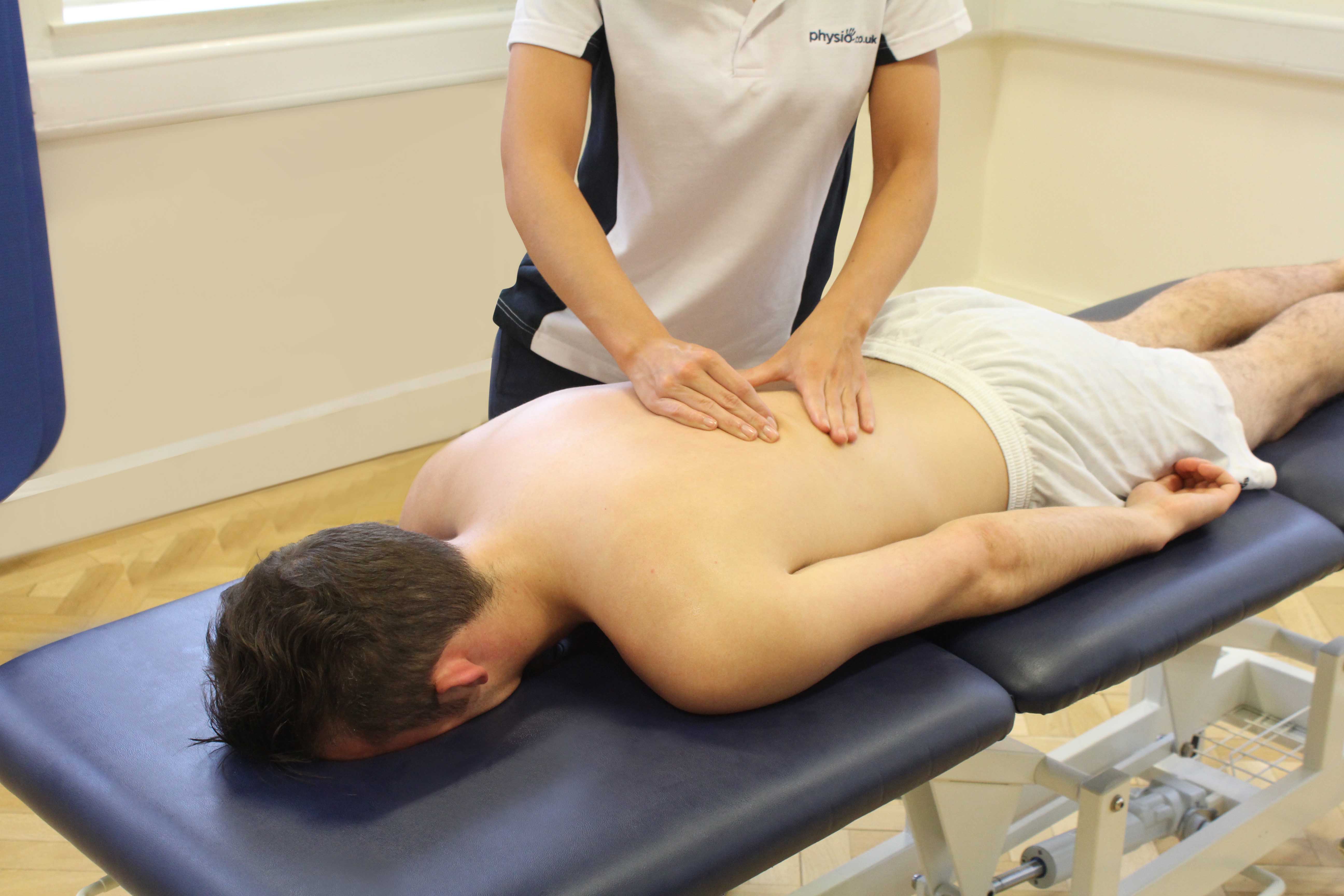 Above: Soft tissue massage of the lower back muscles and connective tissue by specialist therapist
Above: Soft tissue massage of the lower back muscles and connective tissue by specialist therapistWhat is the cause of Spondylolysis?
Spondylolysis is caused by weakness of the pars interarticularis. The exact cause of the weakness of the pars interarticularis is unknown. One cause may be overuse and that repetitive trauma to the lower back can weaken the pars interarticularis. This commonly occurs in sports requiring repetitive movement such as gymnastics, weight lifting, athletics, and football. Another cause points to genetics (heredity) as a factor, suggesting that some people are born with thin vertebrae, which places them at higher risk of spondylolysis.
The fracture usually occurs on the side opposite to the one performing the activity i.e. left-sided fractures in right-handed tennis players.
What are the symptoms/effects of Spondylolysis?
The patient will complain of unilateral low back ache occasionally associated with buttock pain. The pain is aggravates by movements involving extension.
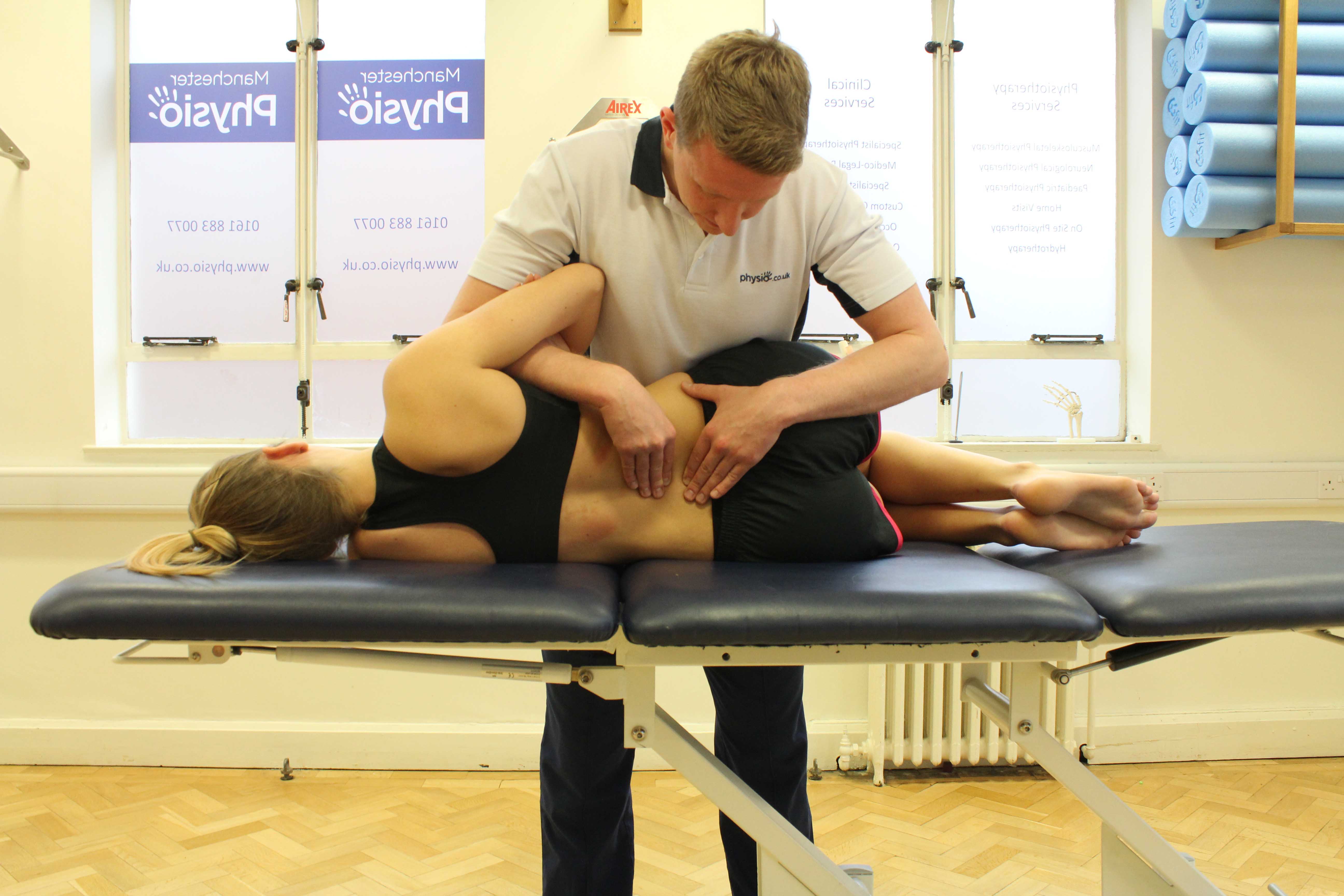 Above: Mobilisations of the vertebrea in the lower back by experienced therapist
Above: Mobilisations of the vertebrea in the lower back by experienced therapistDiagnosis of Spondylolysis
Diagnosis of Spondylolysis can be made by a physiotherapist or doctor after conducting a thorough subjective history and physical examination. An X-ray be required to help to confirm a diagnosis.
Physiotherapy treatment for Spondylolysis
At Manchester Physio we provide comprehensive assessment and treatment for people with spondylolysis.
Early diagnosis and rehabilitation is essential in this type of injury for the best possible recovery.
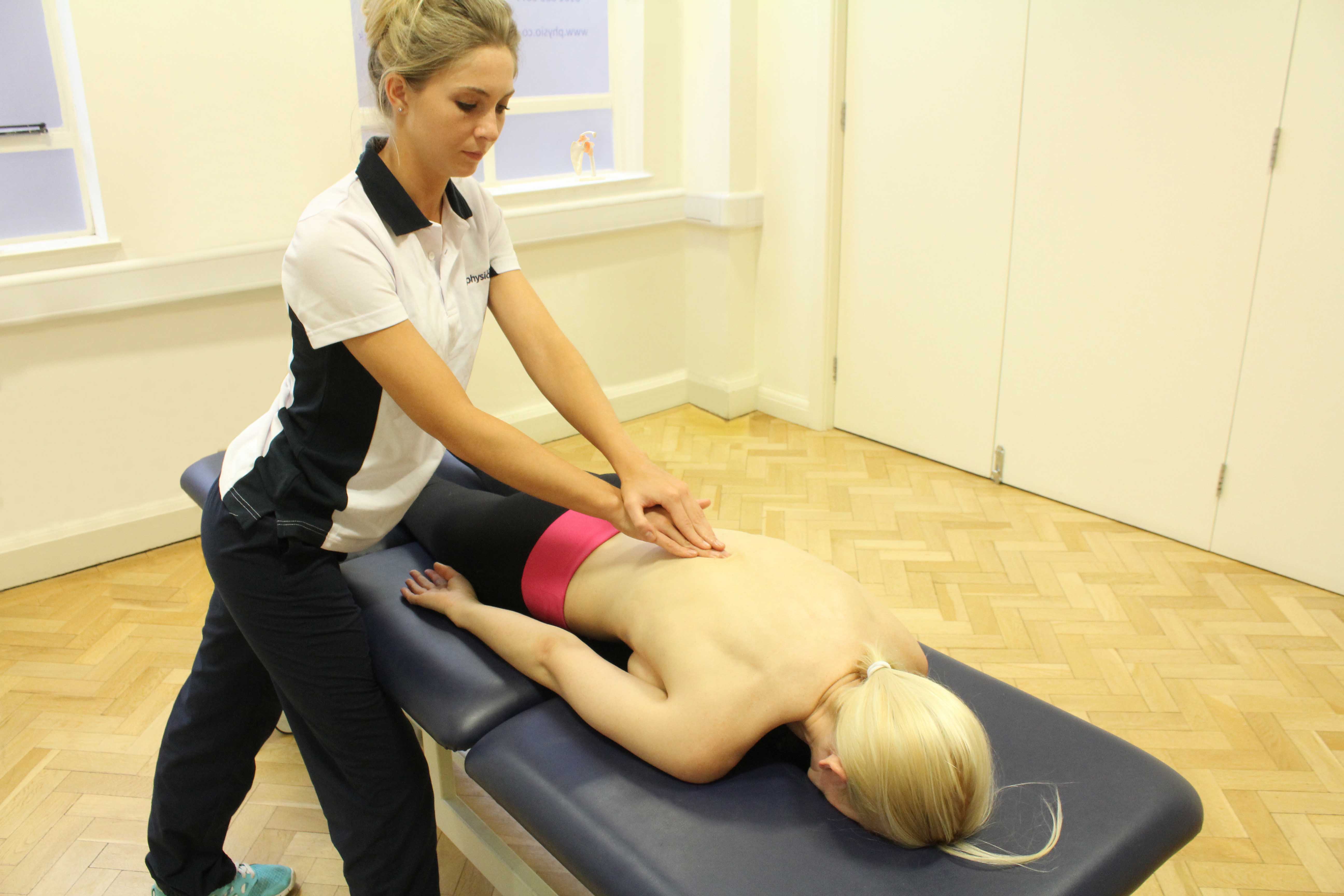 Above: Soft tissue massage of the lower back muscles and connective tissue by specialist therapist
Above: Soft tissue massage of the lower back muscles and connective tissue by specialist therapistPhysiotherapy treatment will be tailored to you current symptoms and lifestyle but may include:
- Restricting athletic activity responsible for the pain
- Cold or heat therapy to promote healing and reduce muscle spasm
- Stretching exercises for the hamstring and gluteal muscles
- Gentle active range of movement exercises to relieve stiffness and keep your back moving normally while you are still healing
- Strengthening the abdominal and back extensor muscles once pain free range of movement has been achieved.
- Sport specific exercises
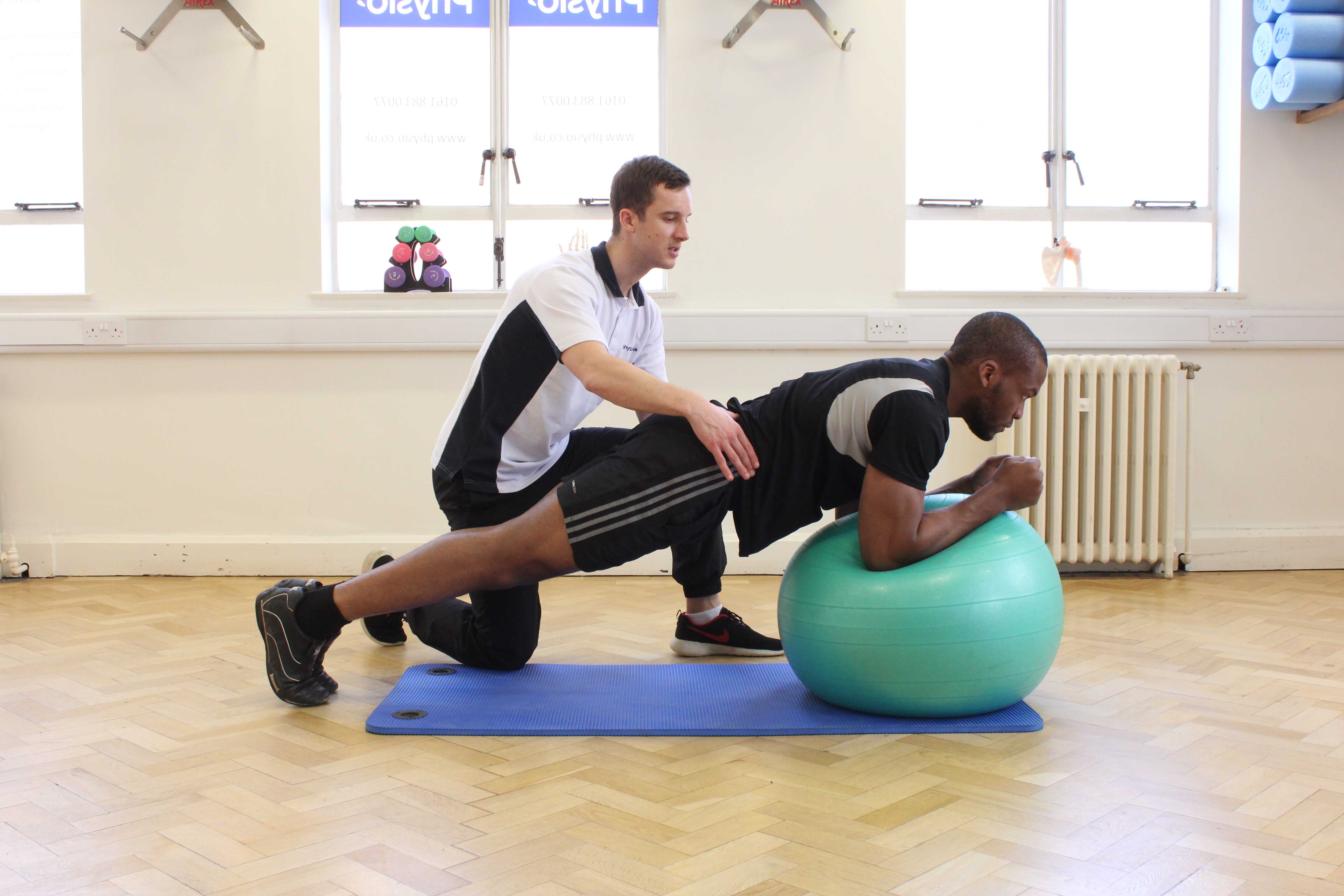 Above: Progressive strengthening exercises for the lower back supervised by specialist MSK physiotherapist
Above: Progressive strengthening exercises for the lower back supervised by specialist MSK physiotherapistYour rehabilitation program will be structured so that you progress safely and effectively and eventually return to the activities you enjoy to the best of your ability.
For more information about how physiotherapy can help your back, or to book an appointment please call 0161 883 0077.


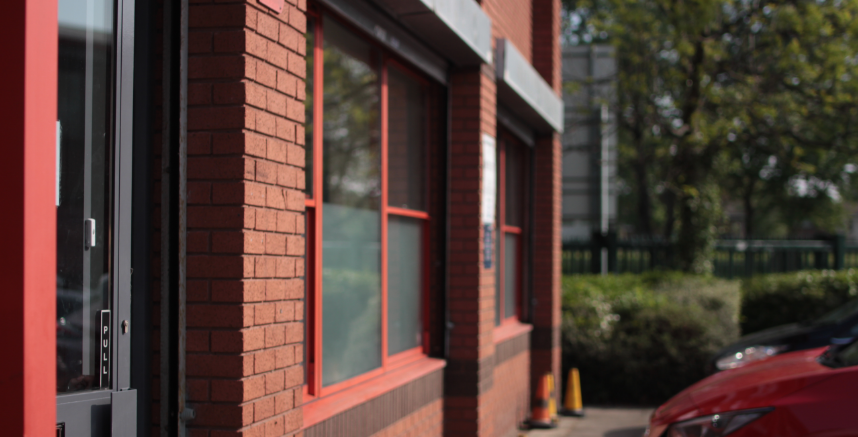
 0161 883 0077
0161 883 0077






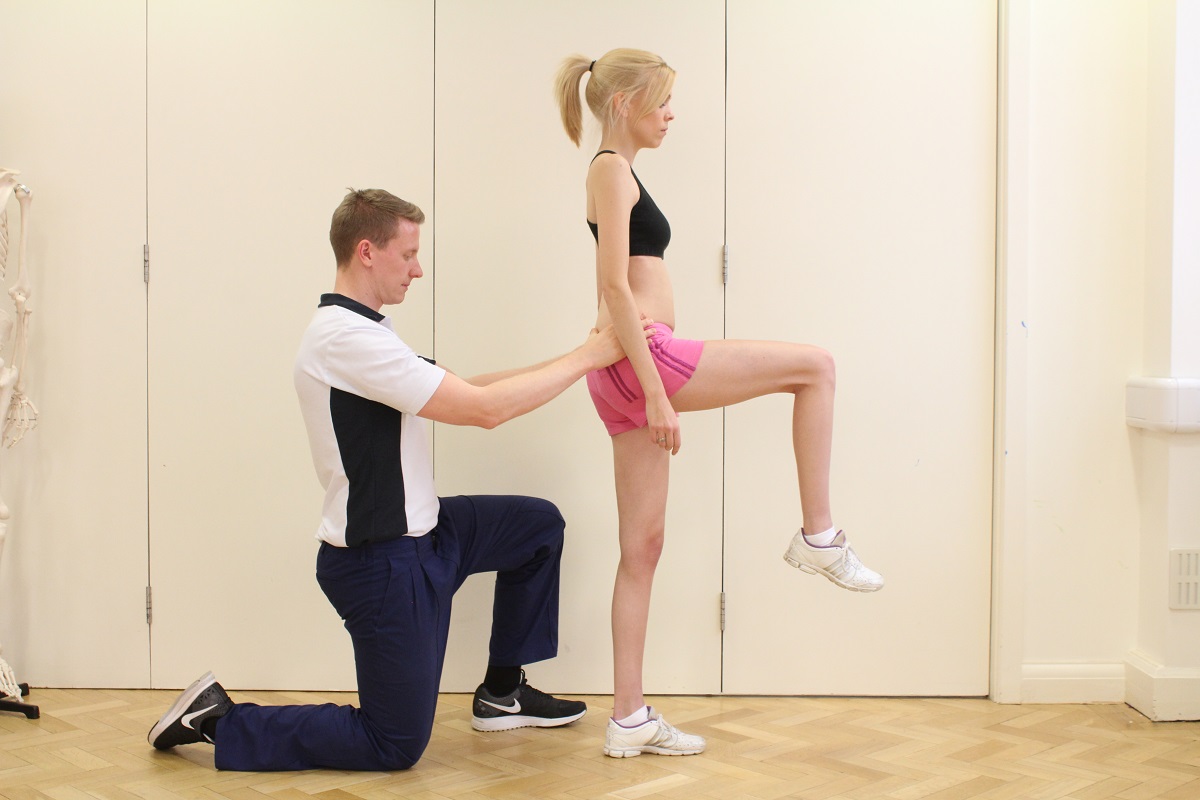

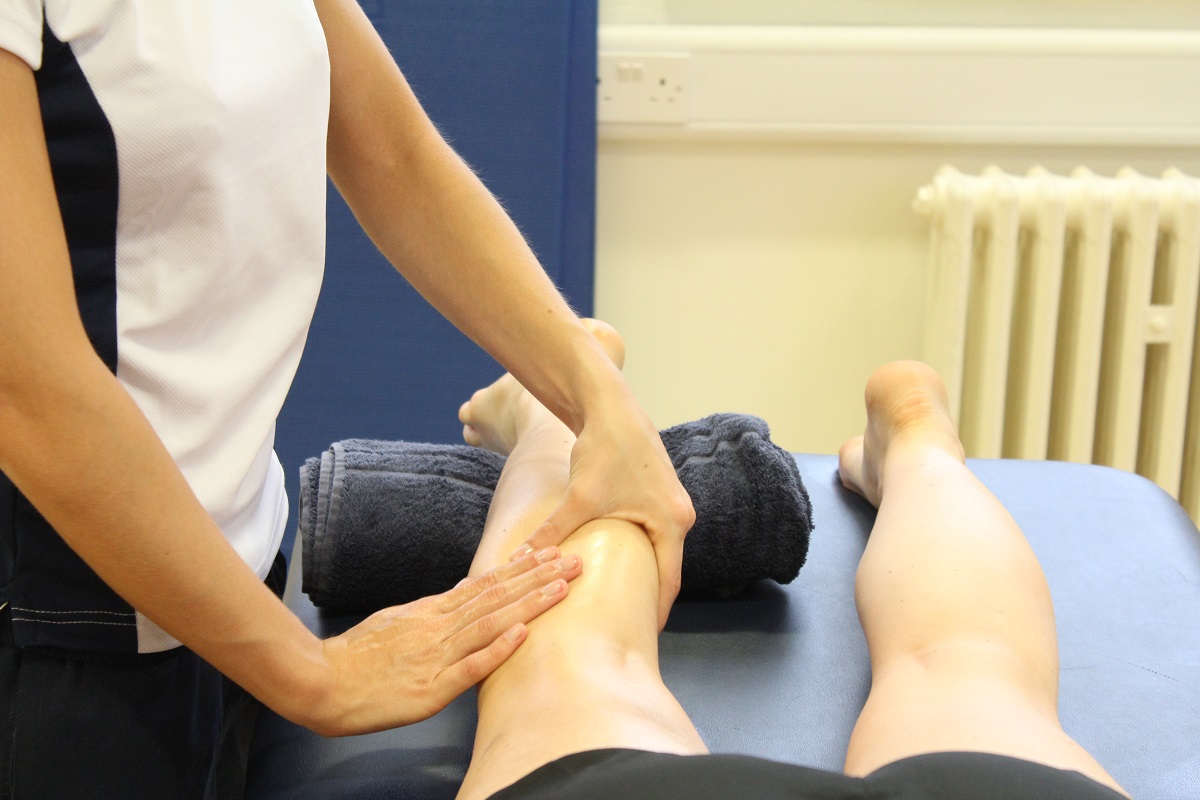



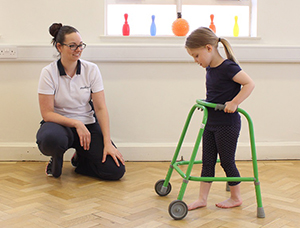
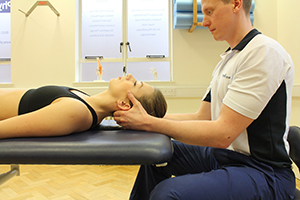


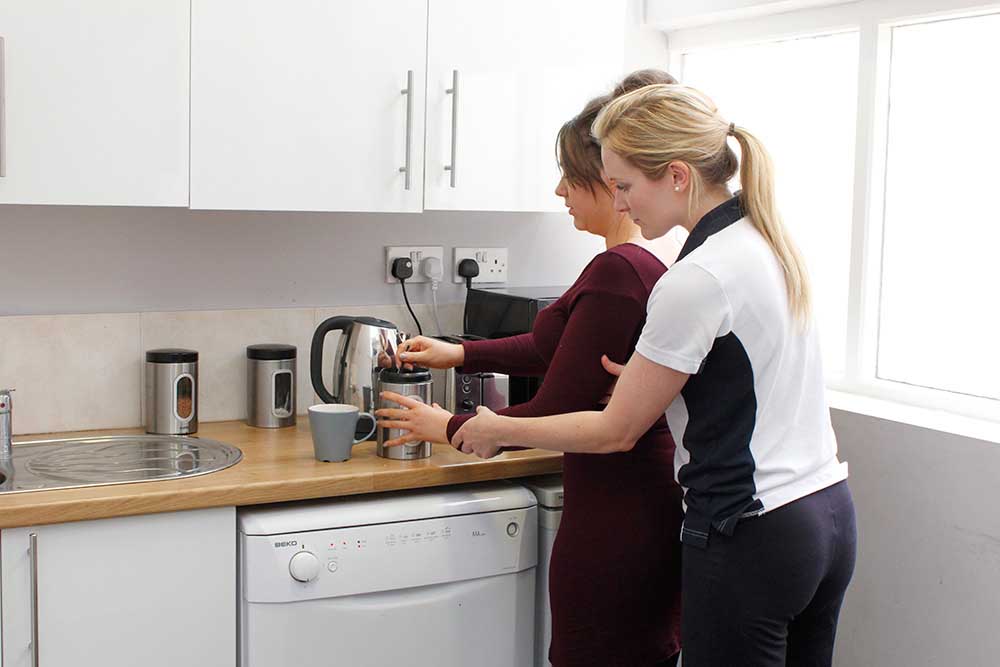



























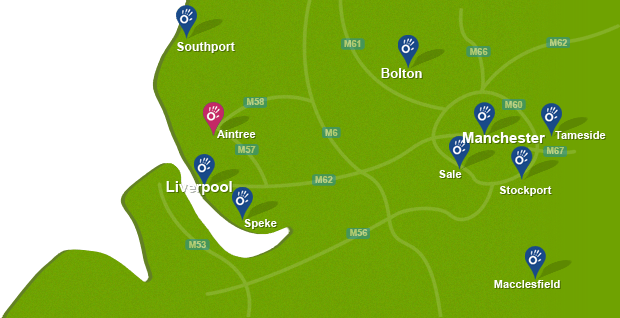

 f
f
